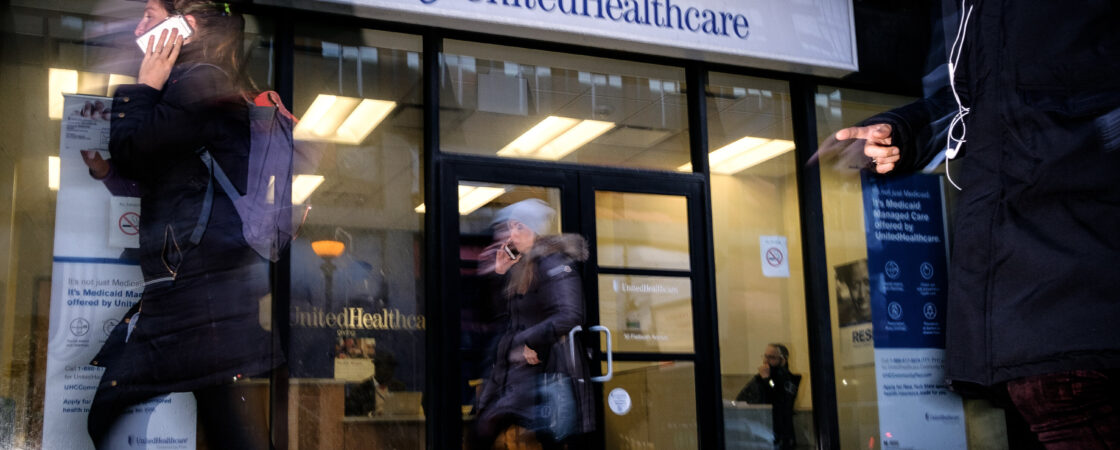UnitedHealthcare, one of the biggest health insurers in the country, providing coverage for over 50 million individuals, has faced numerous complaints and investigations from patients, doctors, and lawmakers regarding its refusal of medical claims. These practices may come under fresh examination after law enforcement reported that the bullet casings discovered at the scene of the murder of UnitedHealthcare CEO Brian Thompson on Wednesday seemed to have messages, including the words “deny” and “delay,” inscribed on them. As of Thursday, the shooter’s motive and identity were still not known, and there was no evidence linking the killer to UnitedHealthcare as a customer. Although the terms “deny” and “delay” have various interpretations, they may allude to strategies employed by insurers of all types to evade fulfilling claims. The terminology is so connected to these practices that it was featured in the title of a 2010 book that examines them, “Delay, Deny, Defend: Why Insurance Companies Don’t Pay Claims and What You Can Do About It.” “The largest cost for an insurance company is the amount it disburses for claims,” stated Jay Feinman, the book’s author and an emeritus professor at Rutgers. “If it disburses fewer claims, it retains a larger share of profits.” It is unclear how frequently private insurers such as UnitedHealthcare reject claims, as they are usually not obligated to disclose that information. According to KFF, a health policy group, individuals who purchased insurance through Obamacare, a government-funded program, had 17 percent of their care denied in 2021. Other studies have shown that denials are more common among individuals with private insurance compared to those with government coverage. UnitedHealthcare, a subsidiary of the large conglomerate UnitedHealth Group, announced over $16 billion in operating profits last year and had around 140,000 employees.




